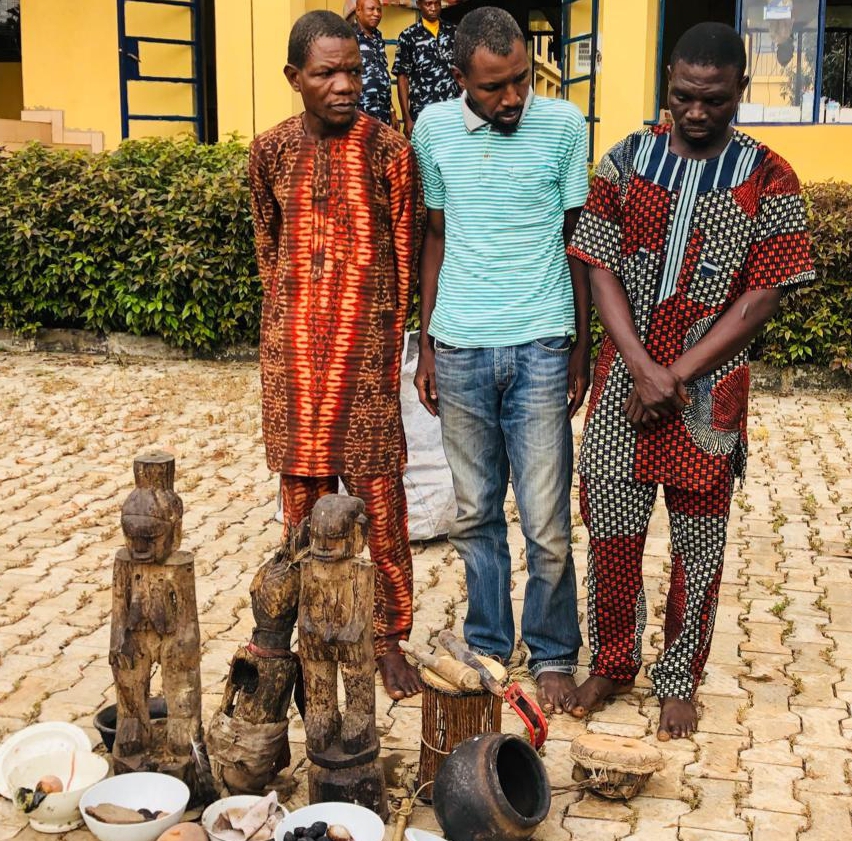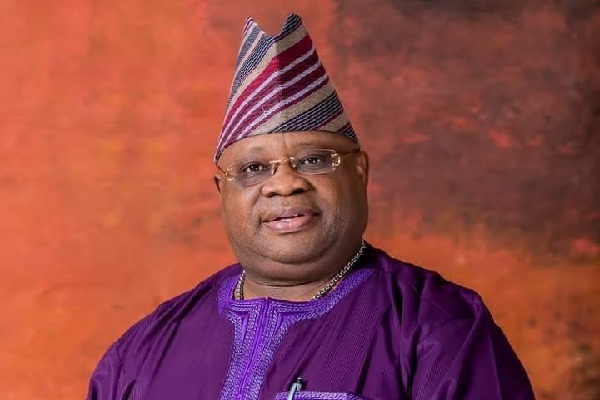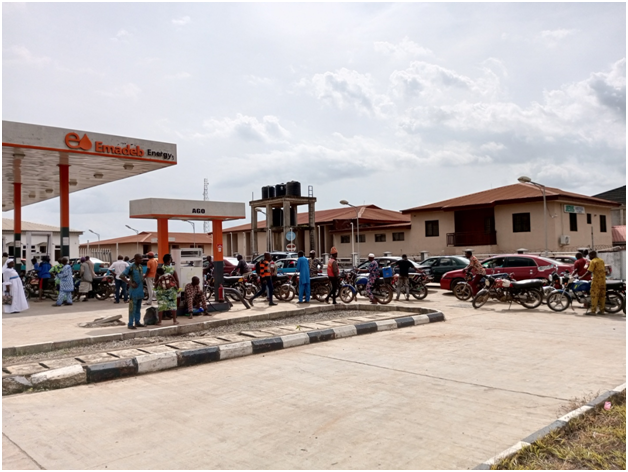‘Why Nigeria’s Steel Industry may not develop’
By Saheed Ibrahim
|
Unless the Federal Government bans the importation of automobiles spare parts into the country, the nation’s steel industry will never developed.
This is the submission of some eminent Nigerians who expressed worry over Nigeria’s comatose steel industry.
They observed that some of the steel development industries in the country like the Engineering Materials Development Institute (EMDI), located in Akure, Ondo State capital, the Osogbo Steel Industry and other steel companies vital to the development of automobile industry in Nigeria are in comatose.
With this development, they posited that it may take the nation several years before it would be able to produce automobiles and their spare parts or other steel products and her economy will continue to dwindle.
Prof. Emmanuel Bello of the Department of Mechanical Engineering, FUTA in àn interview with The Hope stated that without the re-engineering of the steel industry, Nigeria’s economy can not grow, calling on the federal government to revitalize the sector.
“Without the steel rolling mill, Nigeria’s economy can not grow, especially in the engineering sector. You need steel for cars’ bodies, reinforcement for construction and for everything.
“Except this sector is revitalized, the Nigerian economy will still be in the limbo. We will just be scratching the surface, he added.
According to him, “Steel importation is consuming a large proportion of our imports. The Chinese constructing Nigerian rail ways bought almost all the steel needed from China. They only got gravel, sand and to some extent cement from Nigeria, he said.
“Government can invite the Russians or the Chinese to refurbish our comatose steel industries, run them for some times and hand them over back to us. By so doing, they must have planned the technology very well. Without the steel industry, the economy cannot move fast at all, he concluded.
Also, the Dean, School of Engineering and Engineering Technology, Federal University of Technology, Akure (FUTA), Prof. Mutaludi Akintunde berated the manner at which EMDI and other government owned steel industries were being run.
Akinfunde also decried the faulty recruitment process in the steel industries, saying this contributed to the problems of government agencies.
The Dean noted that EMDI was established to “promote engineering equipment development and that they started very well but it was later discovered that the staff were not being paid and the Directors were not doing their job with effectiveness.
In his recommendations, he suggested that the Federal Government should reevaluate EMDI and other companies in the steel industry in the country, adding that professionals, capable of running them should be put in charge and not people recruited based on political affiliation.
In addition, Akintunde stressed that Nigeria must start producing her needs instead of importing from other countries.
“But as long as the government is buying parts from other countries, it will continue to kill our company and economy and if they continue to borrow from other countries, they will continue to dictate what should be done to them,” he concluded.
The EMDI is one of the agencies under the Federal Ministry of Science and Technology, charged with transforming scientific engineering materials and technological know-how in the country
A source in EMDI Akure told The Hope that the company has not been operational since the coronavirus pandemic broke out because the staff from Grade level 1 to 12 had been asked to stay away from the office.
The source added that even before the pandemic, the company had not been working in full capacity as it should because the production section was short of skilled personnel.
The source revealed to The Hope that with the machines available at EMDI, Akure, Nigerians should be driving home-made vehicles but due to lack of political will, shortage of staff, corruption and lack of seriousness on the part of the government, the company had not been functioning in full capacity.
“Grade level 12 down to level 1 are not going to work. Nobody is in the office currently, except the senior staff. The Nigerian government is not sensible. If we produce things on our own, it would have been better.
“There are plenty machines in that company that are not being used. Some of those machines are capable of making cars, car parts and other equipment made of steel.
If you enter our office (EMDI), you will just open mouth and wonder what is wrong with this country. They bought the machines but are not using them. Some even got spoilt due to lack of use.
“We have gear cutter, machines that can cut head pan, spade and other metal tools and there four fatical mini machines that can make block engine for vehicles. We only need to put the moulds and they produce block engines themselves,” he said.
The source also revealed that there are machines that can also make bullet proof, iron melter, pattern maker and road engineers did come to the EMDI for training.
As regards manpower, the source revealed to The Hope that only few personnel work in the foundry section and this makes their productivity very low because they could not do beyond their capacity and they would get tired quickly due to the heat in the factory.
He said this made the company lose certain contracts, especially when they were to produce 6,000 brake pads for the railway corporation.
“There was a time we got a contract from the Nigerian Railway Corporation that we should produce 6,000 brake pads for trains. We produced a sample and gave them and they liked it. They then requested we produced 6, 000 pieces for them. That was the last time we went there.
When asked why, he said, the staff in the foundry, if you want to over use them, they cannot produce more than 1,000 pieces in a month. If they produce 1,000 in a month, some of them may break down because of the head there and the stress.
The Hope gathered that despite the efforts of the former Directors- General of the institutes in Nigeria to ensure they are adequately developed and functional, those in the helms of affairs had frustrated the efforts.
It was also gathered that cases of corruption allegations were leveled against some top officers of the institute, part of which contributed to the unfortunate state of the institute.










